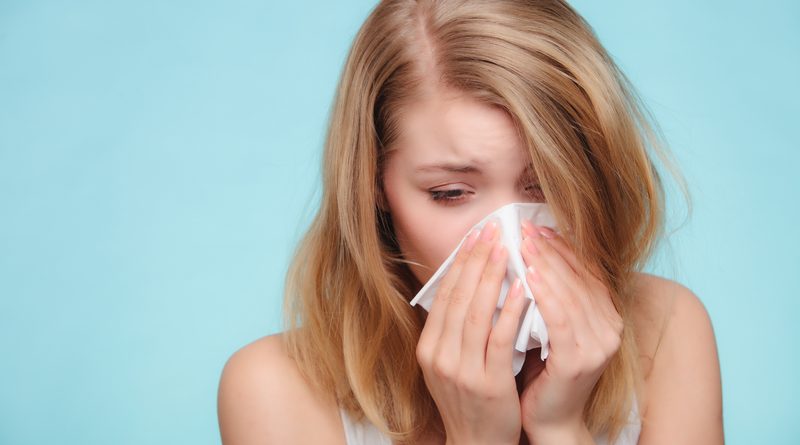How to Prevent Others From Getting Sick When You’re Sick
When you’re feeling under the weather, it’s important to take steps to prevent others from getting sick. By being mindful of your actions and taking certain precautions, you can help reduce the spread of illness. Here are some practical measures you can take to prevent others from getting sick when you’re sick.
Stay at Home
One of the most effective ways to prevent the spread of illness is to stay at home when you’re sick. By avoiding close contact with others, you minimize the risk of transmitting any contagious germs. This is particularly important if you have symptoms such as coughing, sneezing, or a fever. Staying at home allows your body to rest and recover while also preventing the potential spread of illness to coworkers, friends, or family members. It’s crucial to prioritize the health and well-being of others by avoiding unnecessary exposure when you’re unwell. If you are feeling sick and need to stay at home, it’s important to make sure that you are taking good care of yourself. Resting, drinking plenty of fluids, and eating nutritious foods can help your body fight off any illnesses.
Wear a Mask in Public
Wearing a mask in public settings is another important preventive measure to consider when you’re sick. Face masks help prevent respiratory droplets, which may contain germs, from being released into the air when you talk, cough, or sneeze. By wearing a mask, you reduce the risk of spreading illness to others around you. Face masks help protect vulnerable people from illness. This is especially crucial in settings where social distancing may be challenging, such as public transportation, crowded indoor spaces, or workplaces. Wearing a mask can also help protect you from illness. When you wear a face covering, you limit your exposure to potentially infected droplets in the air that could contain germs. This is especially helpful if someone near you has an active infection and is not wearing a mask.
Wash Your Hands
Proper hand hygiene is a fundamental step in preventing the spread of germs and illnesses. Washing your hands regularly with soap and water for at least 20 seconds helps remove harmful bacteria and viruses from your hands. This is especially important after coughing, sneezing, using the restroom, or preparing food. When you’re sick, it’s important to be particularly diligent about handwashing. Make sure to wash your hands frequently throughout the day, especially after coming into contact with surfaces or objects that others may touch. If soap and water are not readily available, use a hand sanitizer that contains at least 60% alcohol as an alternative.
When you’re sick, taking steps to prevent others from getting sick is crucial for the well-being of everyone around you. By taking responsible actions when you’re sick, you contribute to a healthier community and help protect those who may be more vulnerable to the effects of illness. Together, we can create a safer and more hygienic environment for everyone.
Did You Enjoy Reading This Article? Here’s More to Read: Healthcare-Related Businesses That Can Benefit From Technology Solutions
